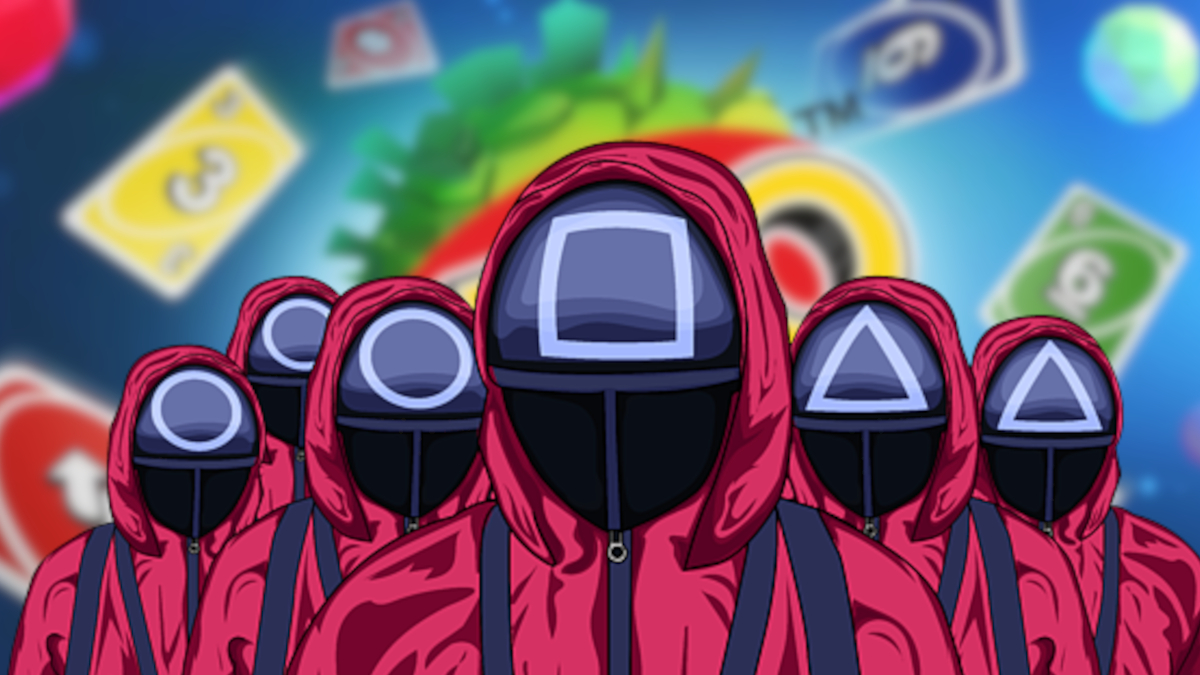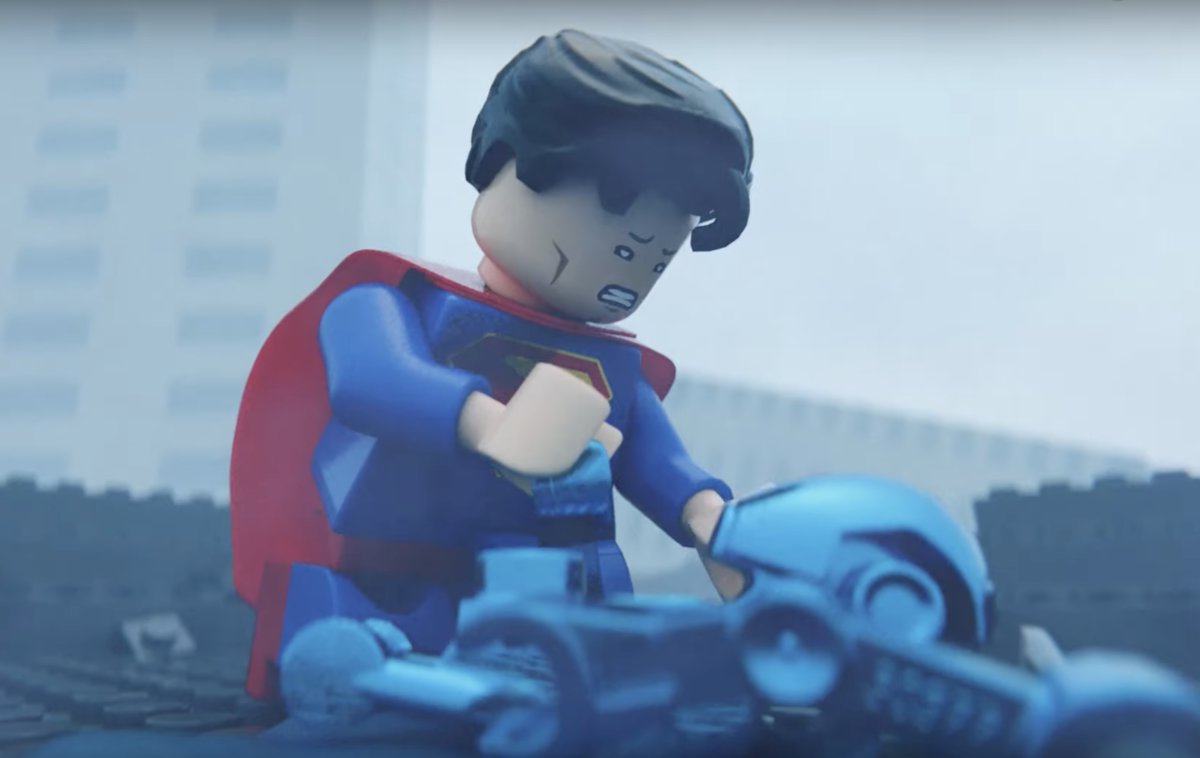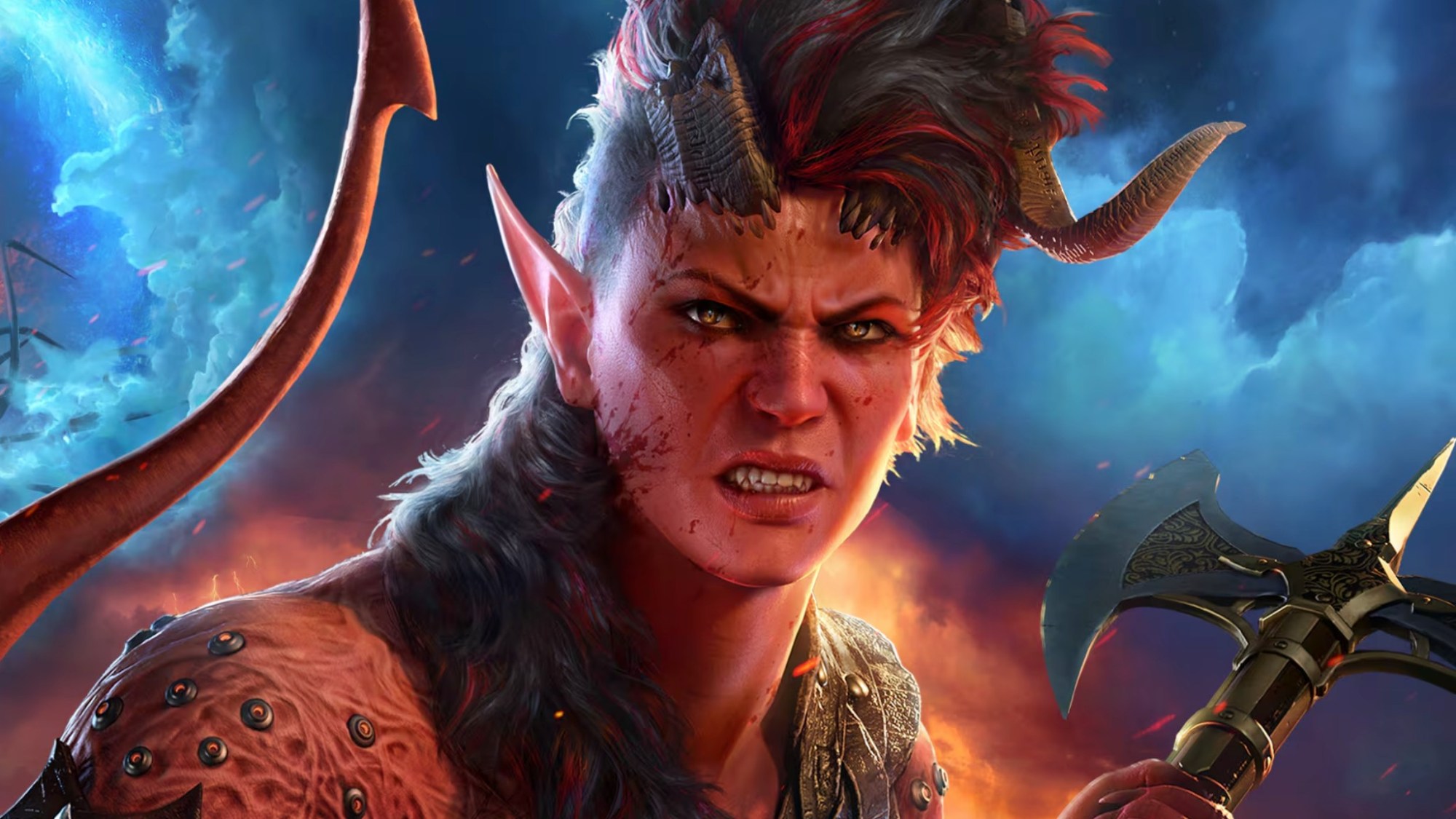Squid Game is once-again grabbing the reigns of pop-culture, thanks to the second season of the Korean horror-drama premiering on Netflix. If you haven’t been keeping track: Squid Game has become an entire multimedia franchise, with the main TV series having been adapted into a hit Netflix reality series (Squid Game: The Challenge), while real-life gaming events, video games and a third season of the main series all in the works. Not surprisingly, Netflix has also greenlit an American remake of Squid Game, which is being done by Oscar-winning director David Fincher (The Game, Se7en, Fight Club).
Videos by ComicBook.com
The title “Squid Game” is a perfect embodiment of the uniquely Korean cultural touches that are showcased in the series; it’s logical to expect the US version to follow suit, and highlight childhood games and shared cultural touchstones that are uniquely American. To that end, I have picked some childhood games every American has played, which could be spun into some twisted live-or-death challenges in the Squid Game remake.
Dodgeball

Every kid remembers the class tension of having to stand on the line and face your fellow students and/or campers in a game of dodgeball. The vicious and predatory nature of the game allowed kids to burn off excess energy and anger, with adults using more often than not using it to work out group tensions and settle grievances. That’s to say: dodgeball is as much a group psychological challenge as a it is a physical challenge – a combination of qualities that make it perfect for Squid Game.
There could be any number of ways to make dodgeball lethal: players trying to knock each other off some kind of platform; turning the balls into some kind of lethal weapons, etc. The combination of team strategy and individual performance would make for a very thrilling and dramatic episode – as would the defensive moves in the game (catching, deflecting) that can cause fortunes to suddenly shift on a dime. If a beloved comedy movie can be mined from this game, a great episode of Squid Game should be easy.
Four Square

Four square is actually a game with a long global history – being traced as far back as 12th century France. However, American kids (particularly city kids) grew up with Four square being a regular go-to game, as all it required was chalk, a bouncing ball, the street, and at least four players. It’s a game that in many ways highlights the socio-economic experience of urban America.
A large square is divided into four smaller square (numbered 1-4), with each player occupying a square. The game objective is simple: bounce the ball into another player’s square, while that player must then bounce it into another’s square, before the ball bounces more than once in their square. If a player misses the ball, or allows too many bounces, they’re out, and their square is filled by a player moving up from the lower numbers, or a new player entering square “1.”
It’s easy to see how Four square would be a great choice for Squid Game. The game’s nature would force players to specifically target other players, bringing all underlying tensions and deceptions to the surface. It could be the equivalent of the original show’s “marble game” episode, as groups of players who thought they were close must make hard choices about who (if anyone) they’re really loyal to.
Hopscotch

This one is could be the closest tie between the original Squid Game and the US version. In Episode 7, “VIPs”, the original show introduced one of its most frightening games: a giant glass bridge peppered with a combination of breakable and unbreakable glass platforms. Well, that concept is easy to re-fit into a version of Hopscotch for the US remake.
The Squid Game version of hopscotch would use the game’s process of tossing out a “lagger” and hopping through numbered blocks to retrieve it into a life-or-death gamble. Some squares would hide brutal traps for those who aren’t nimble and quick-footed enough, transforming the iconic grid of numbered blocks into a chilling pathway of doom.
[RELATED: Squid Game Season 3 Is Coming Sooner Than You Think]
Seesaw

Squid Game had several key moments in its first two seasons where democracy was put to the test, by letting the players cast pivotal votes. The US version of Squid Game certainly needs to examine the state of democracy (vs ideas like capitalism), and Seesaw would be the perfect metaphor for both doing that and dealing a game-changing blow to the players.
The setup is simple to envision: all of the players are positioned in the middle of a giant seesaw, but that safety point is gradually taken away, as they are all forced to choose one side of the seesaw or the other – only each side is made to hold about 75% of players, whose combined weight lowers them down to safety, leaving the other 25% raised up in the air, where some horrible device (giant pendulum blade?) slaughters them.
The kicker? Most of the “game” would be a congressional-style debate between the players to stand on one side of the seesaw or the other, forcing them to choose loyalties based on any number of personal, political or spiritual factors. A simple playground ride would suddenly become a deep metaphor for American society.
Uno

Squid Game had a combination of physically-challenging games and smaller strategy games where athletically-disadvantaged players could still thrive. Uno is one of the first card-based games that American kids learn to play, and offers a combination of luck and strategy that would be great for Squid Game.
Like other games on my list, Uno allows for players to form alliances and target other players, or allows a player to quite literally hold cards close to their chest until the most surprising and opportune moment to play it arises. Luck become a factor as players must draw from a deck that can deliver unpredictable twists of fortune. A setup where groups of four players can only result in one winner immediately creates the kind of stakes that viewers won’t be able to turn away from. You’ll never play a game of Uno the same way again, afterward.
Battleship

The reality show Squid Game: The Challenge flipped the script by introducing some new games, and one of them was human-sized version of the iconic board game, Battleship. It would be a great Easter egg nod to Squid Game: The Challenge to have the US version of Squid Game introduce a lethal version of Battleship as part of its games.
The production value of having players in a mini-ocean, aboard mini-warships, blindly firing real ordinance at the opposing team’s boats would be epic. Done right, it could also be powerful commentary on (paid) military service and having to bravely perform duty in the face of peril.
Mouse Trap

Mouse Trap is a board game developed in the 1960s, and is a major staple of many kids’ first experiences with tabletop gaming. The game is especially unique in that it first requires players to work together building an elaborate Rube Goldberg machine – only to turn on each other and use that same machine to trap their opponents.
For Squid Game, the game of Mouse Trap could be US version’s ‘cookie episode.’ That’s to say: players would have to work together to build the machine, and then the “mice” would have to survive the gauntlet of lethal traps and make it to the end of the game board. If the showrunners capture the Rube Goldberg machine element of how the traps are sprung, it turns a Squid Game version of Mouse Trap into a lethal obstacle course race, where the players have to stay on pace ahead of each subsequent trap. It would be thrilling on a whole other level.
Squid Game is streaming on Netflix.







